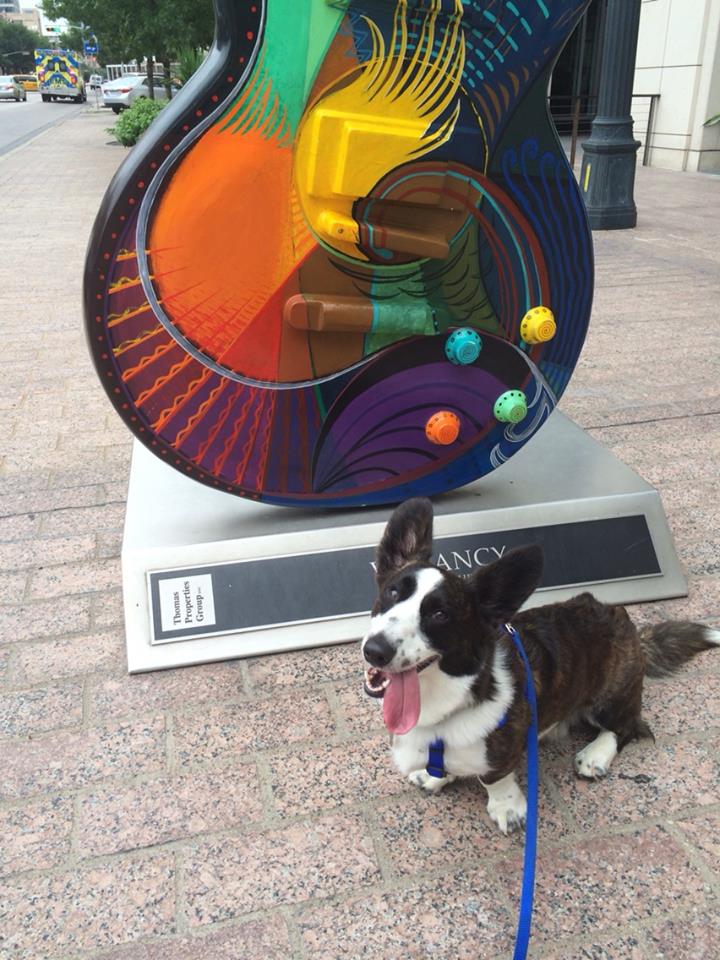As someone who doesn’t want children, raising a puppy has solidified those feelings. After all, at least I can crate a puppy! Raising a puppy has taught me a new level of patience and frustration. Unfortunately and fortunately for me, I chose a working-type puppy to raise the first time around. He has amazing work ethic which comes in handy when I’m actively engaging him in training or tasks, but isn’t so great when I just want to hangout and watch TV. Thank goodness he’s incredibly cute! I mean, how could I ever stay mad at this face?

Education (Socialization)
While the prime socialization period is before 16 weeks of age, it isn’t like it is all over after that. I’ve continued to take him out and about to explore new areas, smells, people, dogs, and objects. Things rarely phase him these days because I did my homework early on. I had him in puppy classes to learn to work around dogs, took him to my college campus to see lots of people, and took him to outdoor shopping malls to see all kinds of unusual objects. Check out this letter by Dr. Anderson on Puppy Socialization.
One recent accomplishment happened when we were walking around downtown Austin and were both surprised by a reactive Great Pyr that had been lying down by a tree. I quickly walked Clark and I passed him and praised him when we got away. Clark was barely phased by this experience! He was more interested in exploring the rest of the city than worrying about one dog. Score!
What’s the Right Amount of Exercise for a Puppy?
This is something I’ve experimented with. I’m noticing that the more I exercise Clark, the more energy he has the next day – he returns with a vengeance! Exercise is effect to drain momentary energy, but long-term it conditions the dog to a higher level of physical demands. If you want a couch potato, treat them like a couch potato. If you want a marathon runner, treat them like a marathon runner. Too many people get caught up in how much they exercise their dogs. It turns out that dogs are highly adaptable and will adjust to your lifestyle. Most importantly is making sure that we provide the right amount of mental stimulation through skills training and problem solving puzzles for them.
When Do Puppies “Grow Up”?
Depending on the breed, most dogs reach full physical and emotional maturity between 2 and 3 years old. Many owners claim they suddenly see a drastic decrease of destructive or annoying behaviors from their dogs once the dog turned 3 years old. Judging from the fact that Clark is just turning 2 years old and that his mother experienced this type of transformation around 3 years old, I’ve got another year with the gremlin before he turns into a “real dog.” Day to day, he is progressively adjusting and maturing, but does still take a few steps backwards now and then. After all, he is a teenager!
Unfortunately, many people don’t have the patience it takes to raise a teenage puppy which is why many dogs in shelters are 1-2 years in age. If you have a dog in this age group, please know that you aren’t alone and that the troublesome behaviors you might be experiencing are actually normal and can be managed/prevented until the dog matures. Share your experiences or questions in the comments below and I’ll be happy to share some dog training tips to help you through.
